Elizabeth L. Sturz (ELS) Outpatient Treatment Center

Overview
Elizabeth L. Sturz (ELS) Outpatient Treatment Center is a substance abuse treatment center for people seeking treatment near Bronx County. As part of their treatment modalities for recovery, Elizabeth L. Sturz (ELS) Outpatient Treatment Center provides 12-step facilitation, group counseling, and individual psychotherapy during treatment. Elizabeth L. Sturz (ELS) Outpatient Treatment Center is located in Bronx, New York, accepting medicaid for treatment.
Elizabeth L. Sturz (ELS) Outpatient Treatment Center at a Glance
Payment Options
- Medicaid
- Private health insurance
- Cash or self-payment
- State-financed health insurance plan other than Medicaid
- Payment assistance (check with facility for details)
Assessments
- Comprehensive mental health assessment
- Comprehensive substance use assessment
- Screening for tobacco use
- Interim services for clients
- Outreach to persons in the community
Age Groups
- Adults
- Children/adolescents
- Young adults
- Seniors or older adults
- Seniors
Ancillary Services
- Case management service
- Specially designed program for DUI/DWI clients
- Serves only DUI/DWI clients
- Domestic violence services, including family or partner
- Mental health services
Highlights About Elizabeth L. Sturz (ELS) Outpatient Treatment Center
7.97/10
With an overall rating of 7.97/10, this facility has following balanced range of services. Alcohol Rehabilitation: 8.50/10, Drug Rehab and Detox: 8.77/10, Insurance and Payments: 6.53/10, Treatment Options: 8.06/10.-
Drug Rehab and Detox 8.77
-
Alcohol Rehabilitation 8.50
-
Treatment Options 8.06
-
Insurance and Payments 6.53
Accreditations
SAMHSA certification for opioid treatment program (OTP):
SAMHSA's Opioid Treatment Programs (OTPs) accreditation is a rigorous recognition process that signifies an OTP's commitment to providing high-quality care for individuals dealing with opioid use disorders. It assures patients, families, and the community that the program adheres to evidence-based practices, employs qualified staff, and maintains a safe treatment environment. This accreditation is a symbol of quality and accountability, offering confidence in the program's ability to support individuals on their path to recovery from opioid addiction.
Treatment At Elizabeth L. Sturz (ELS) Outpatient Treatment Center
Treatment Conditions
- Mental health treatment
- Alcoholism
- Opioid Addiction
- Substance use treatment
- Co-occurring Disorders
Care Levels
- Intensive outpatient treatment
- Detoxification
- Aftercare
- Outpatient
- Outpatient methadone/buprenorphine or naltrexone treatment
Treatment Modalities
- 12-step facilitation
- Group counseling
- Individual psychotherapy
- Family counseling
- Marital/couples counseling
Ancillary Services
Languages
- Spanish
Additional Services
- Pharmacotherapies administered during treatment
- Mentoring/peer support
- Breathalyzer or blood alcohol testing
Special Programs
- Clients with HIV or AIDS
- Clients who have experienced trauma
- Clients with co-occurring mental and substance use disorders
- Veterans
- Members of military families
Get Help Now
Common Questions About Elizabeth L. Sturz (ELS) Outpatient Treatment Center
Contact Information
Other Facilities in Bronx

7.42
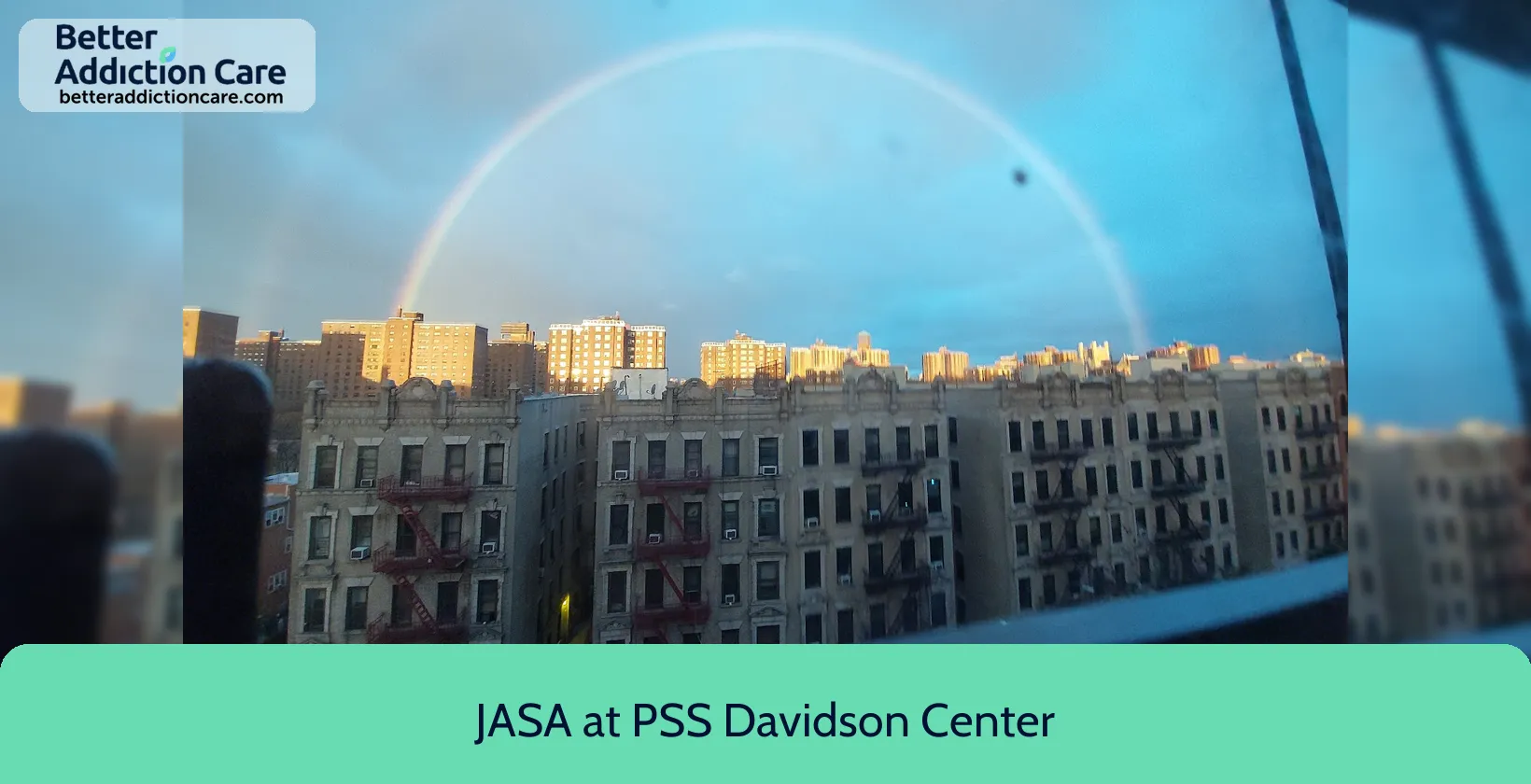
6.71
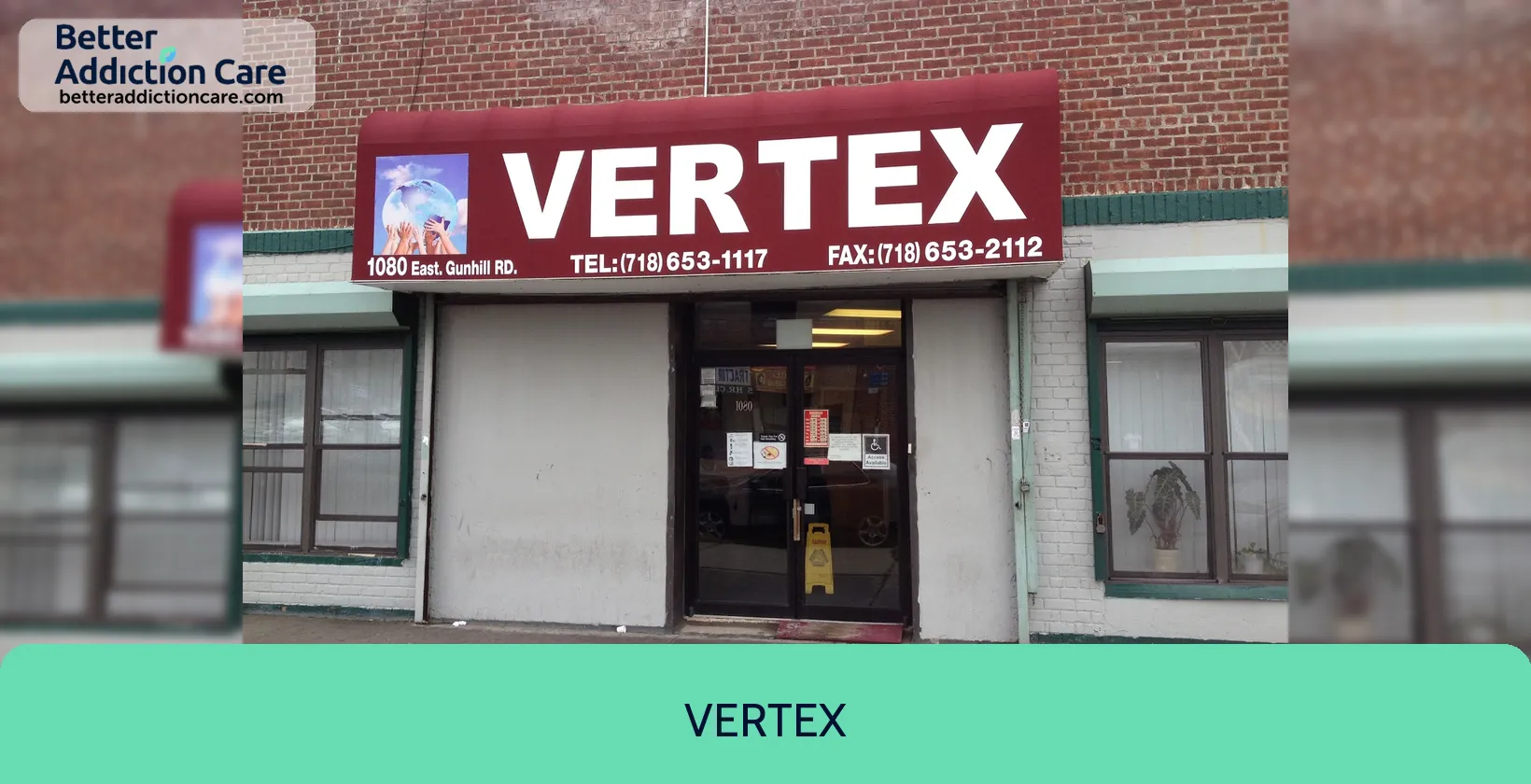
7.40
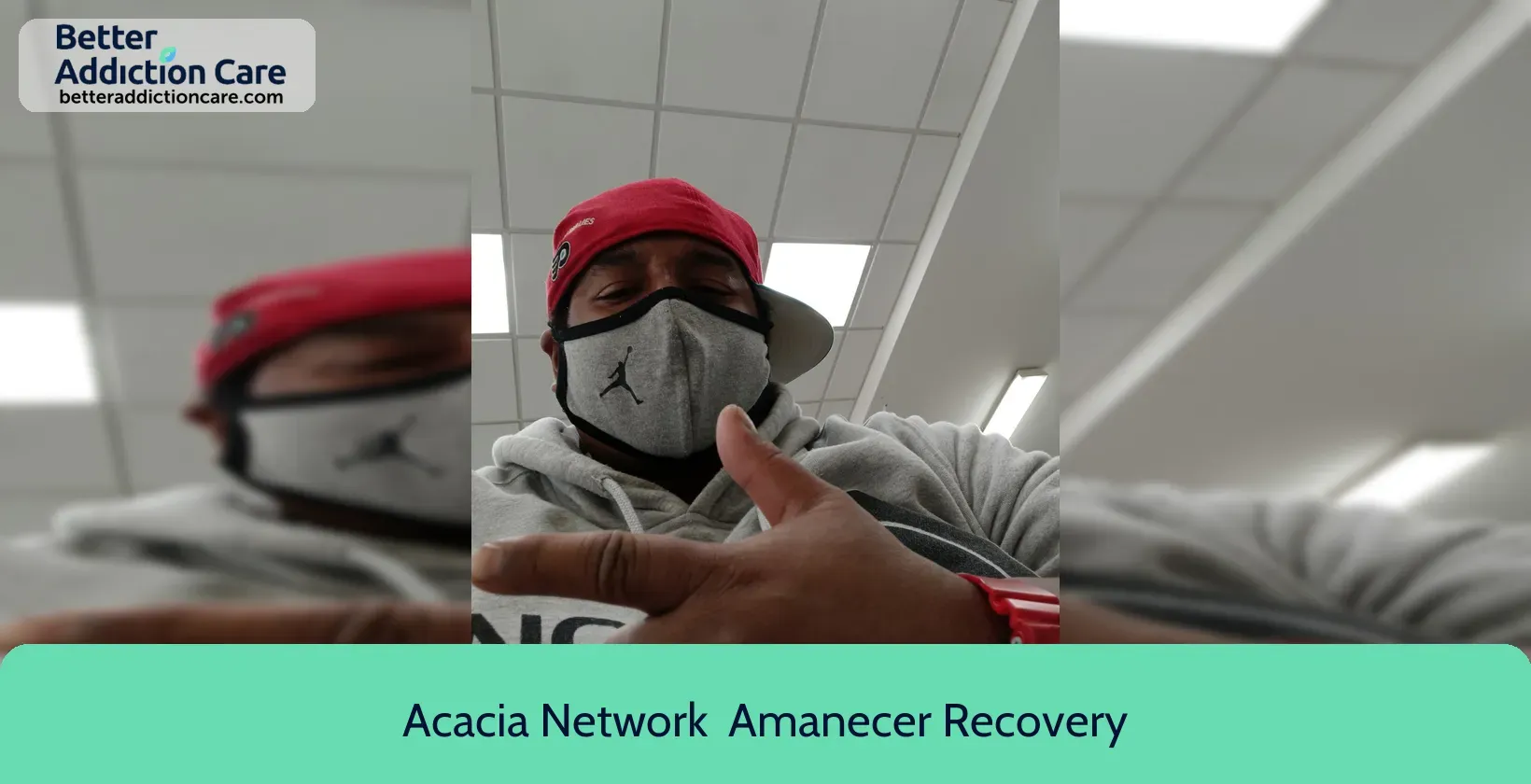
7.36
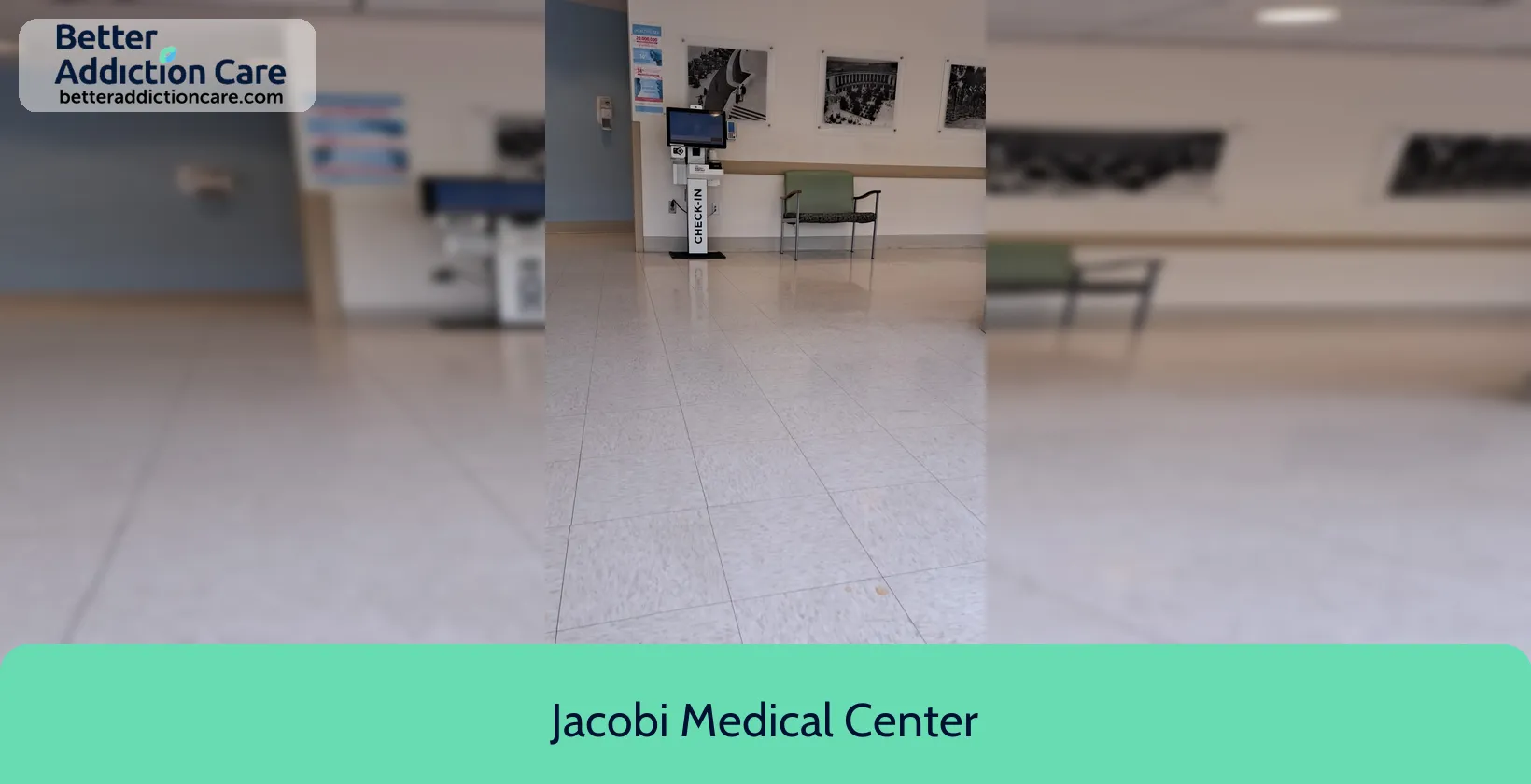
7.72
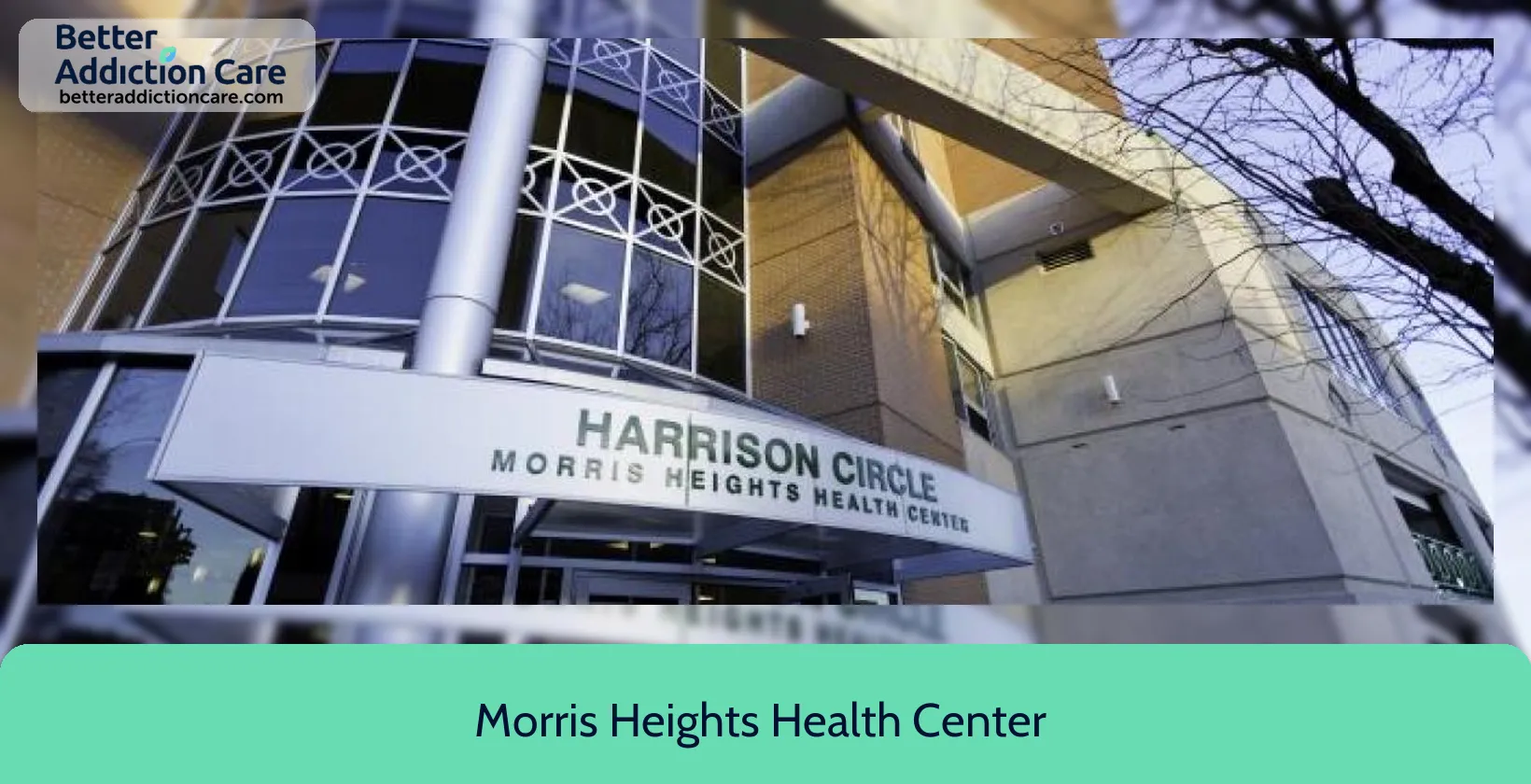
6.90
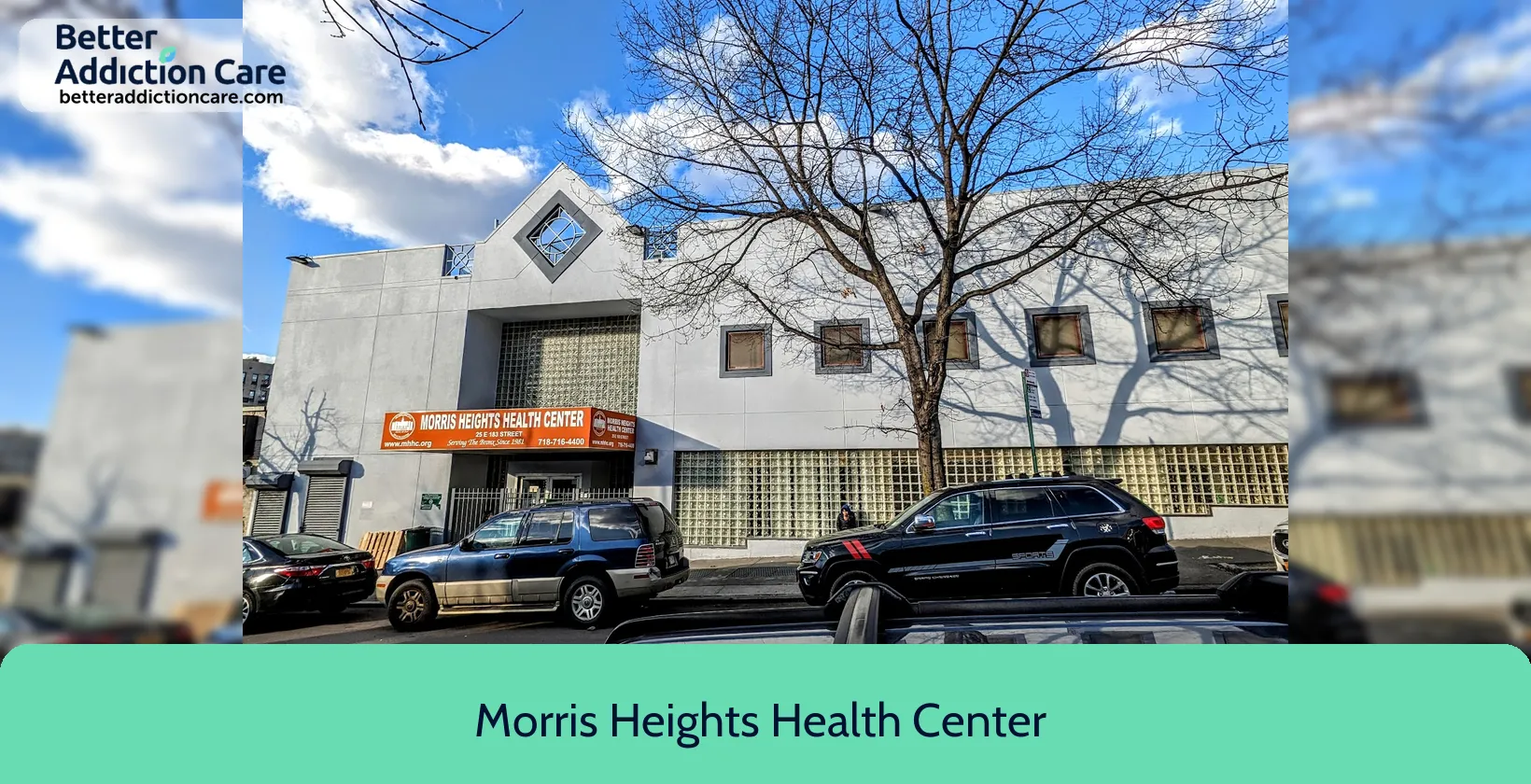
6.68
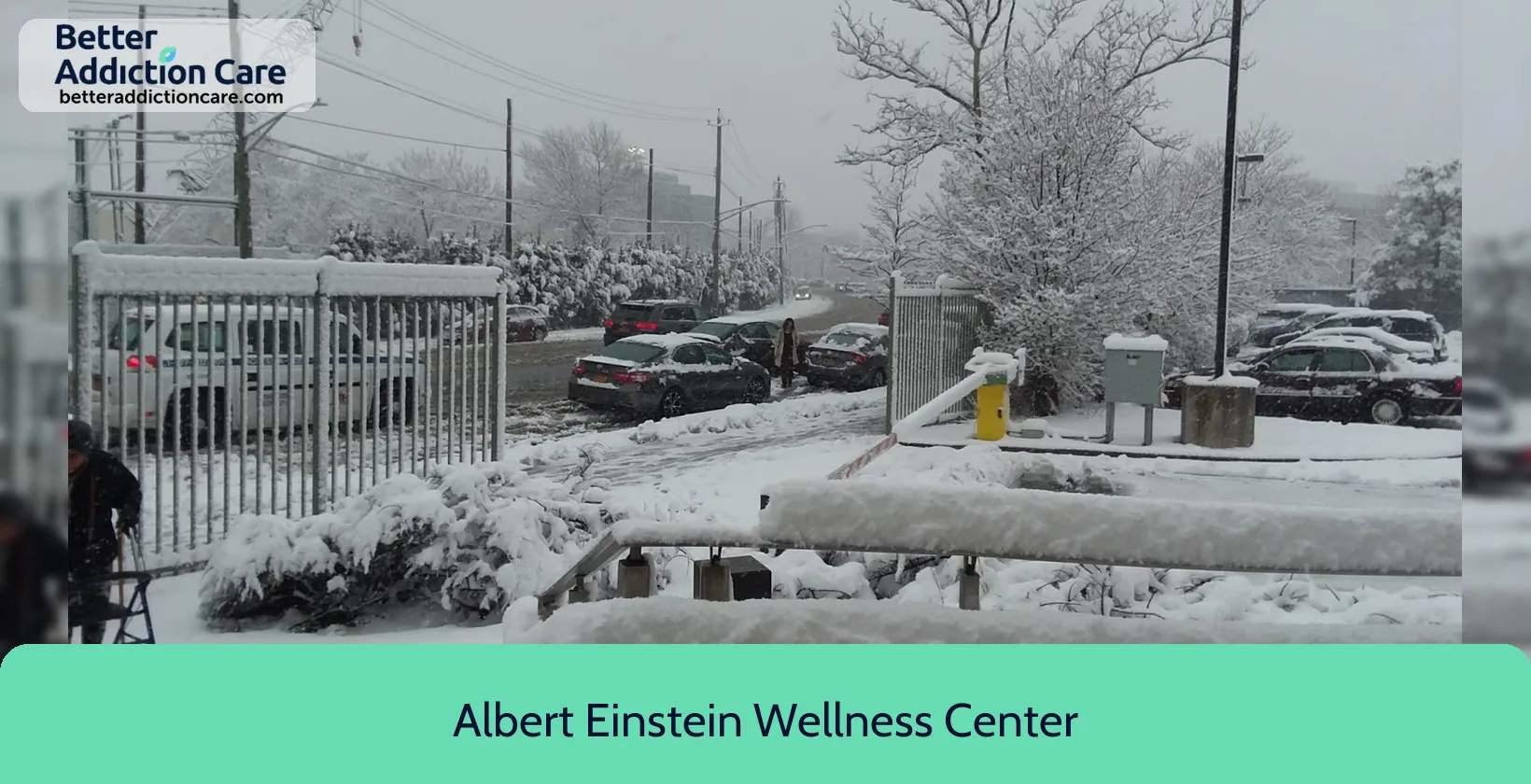
7.26
DISCLAIMER: The facility name, logo and brand are the property and registered trademarks of Albert Einstein Wellness Center, and are being used for identification and informational purposes only. Use of these names, logos and brands shall not imply endorsement. BetterAddictionCare.com is not affiliated with or sponsored by Albert Einstein Wellness Center.
